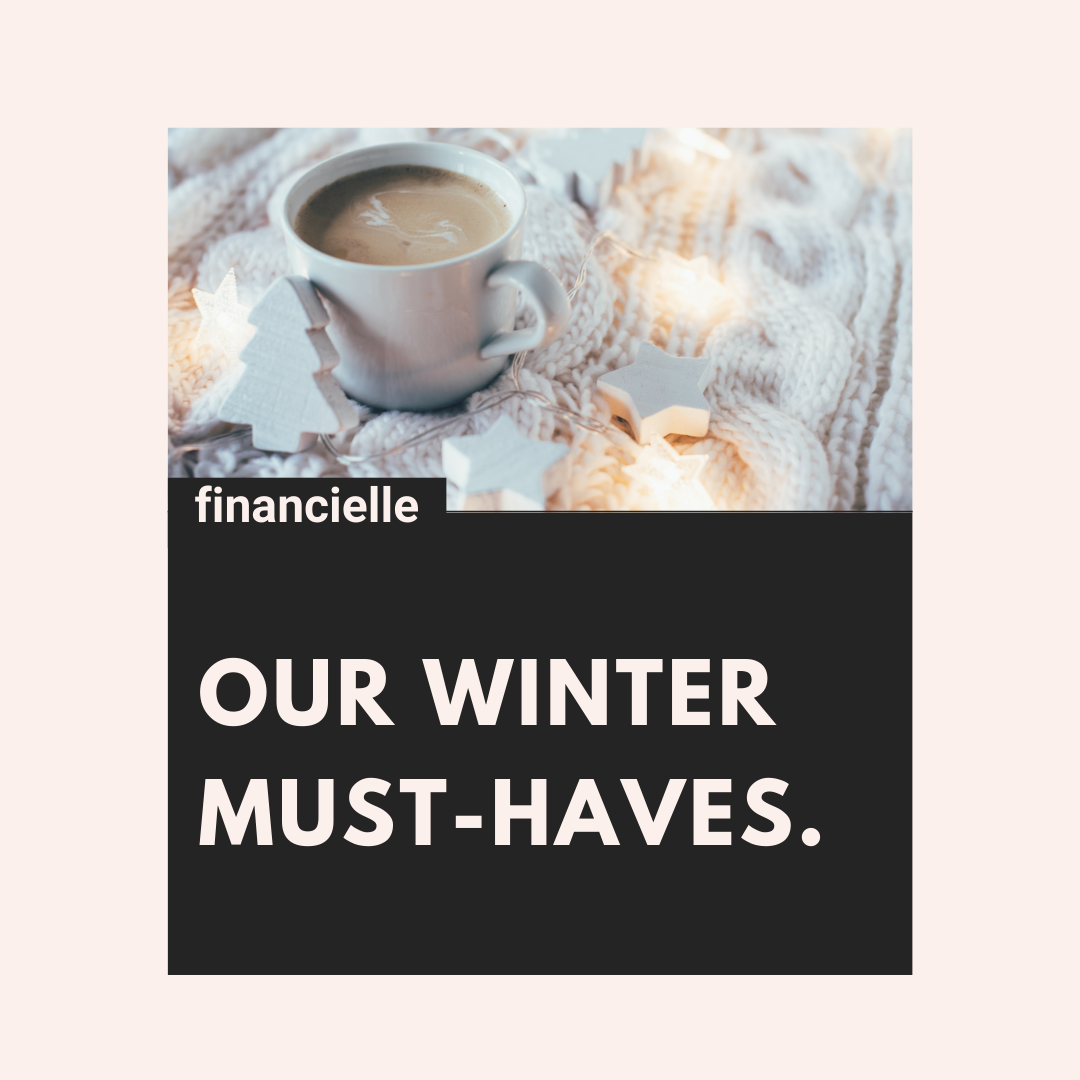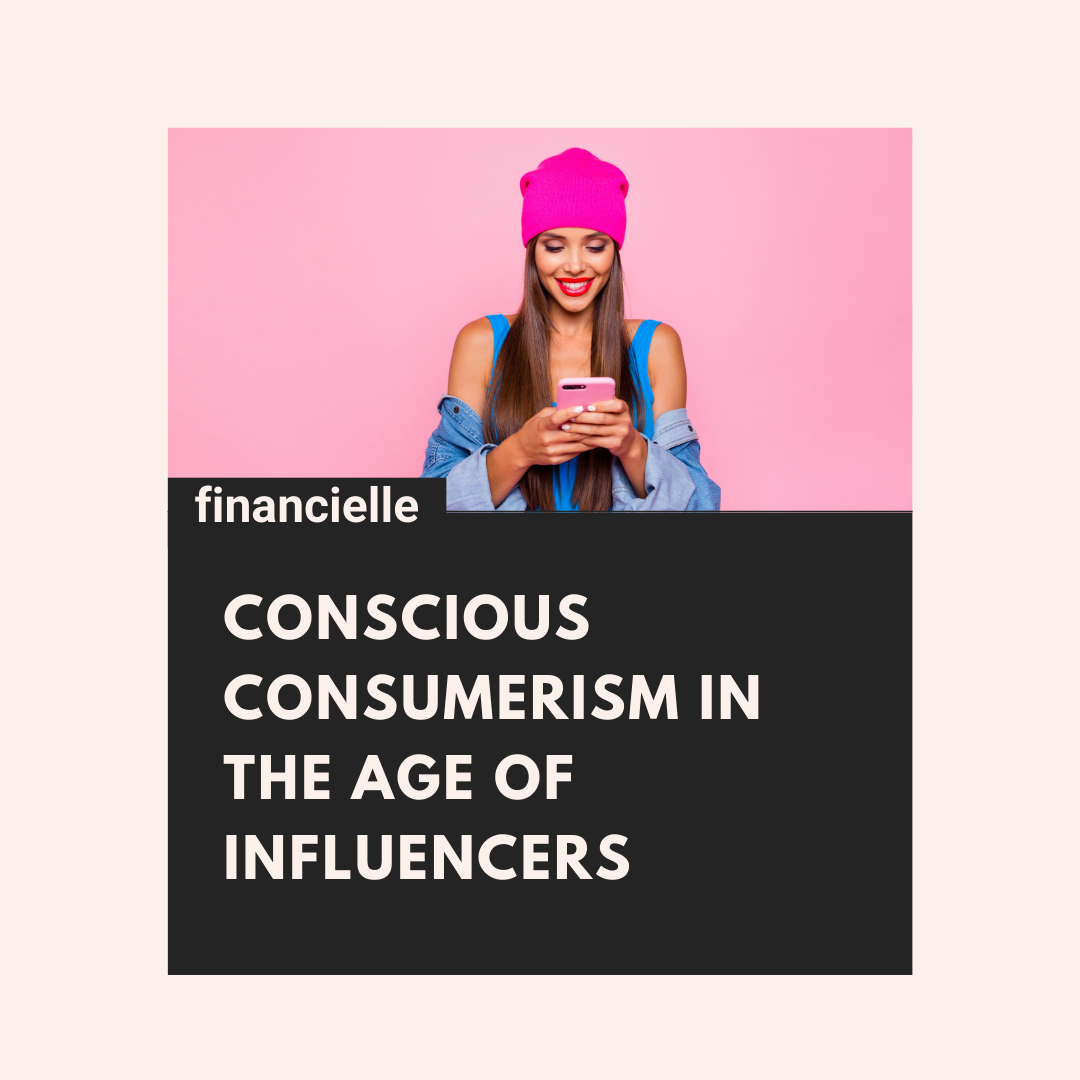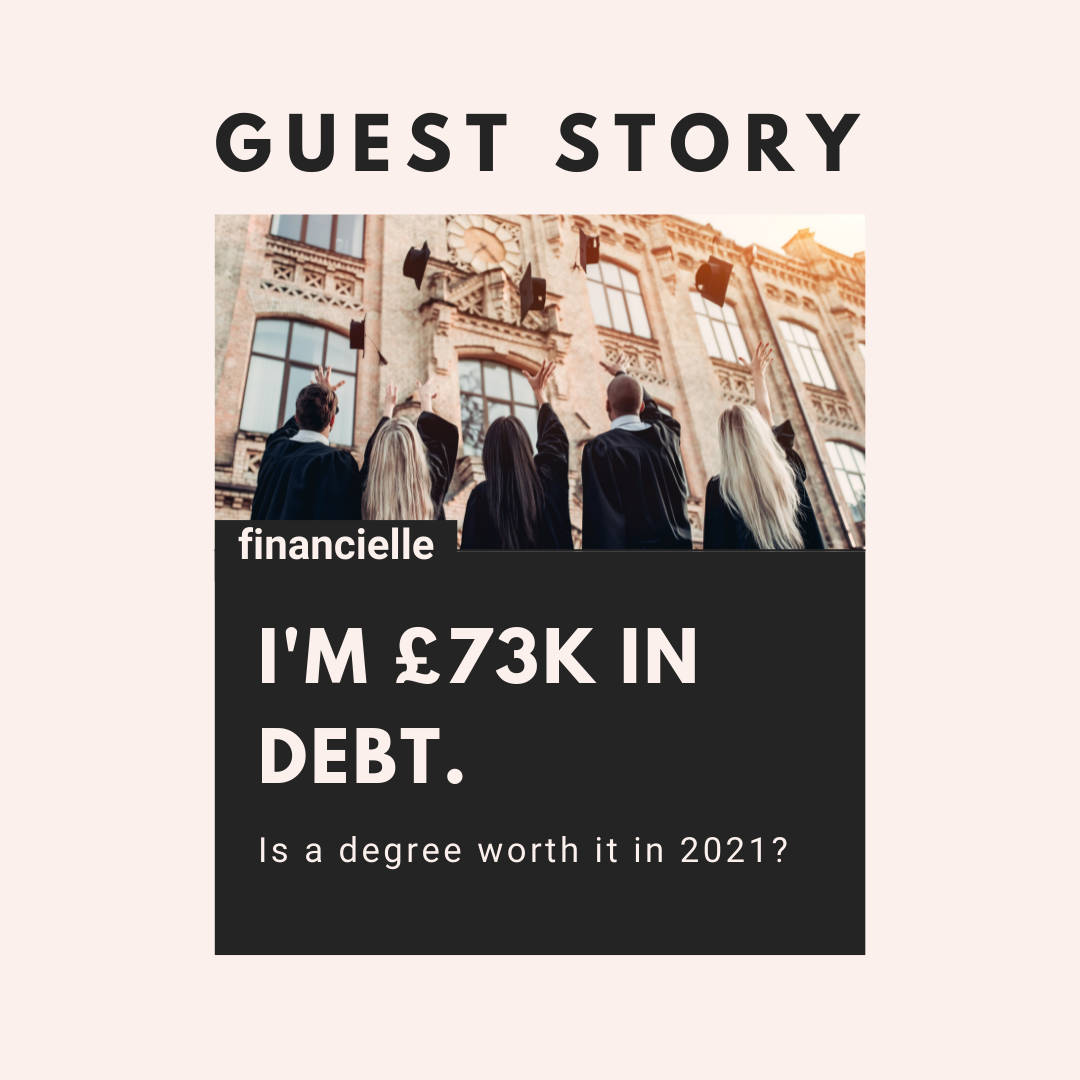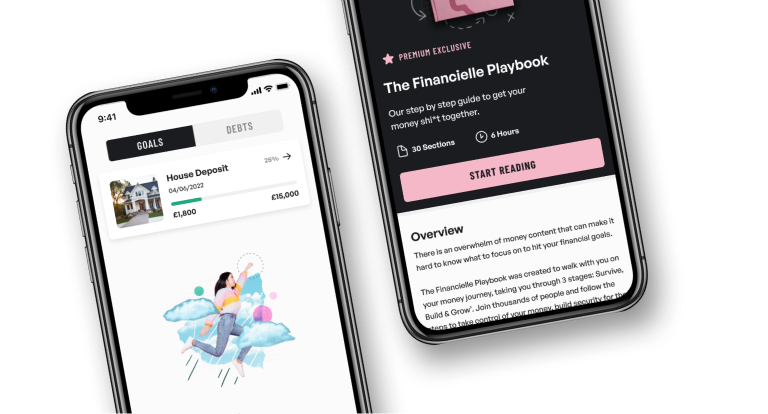You Can’t Sit With Us – Greenwashing edition
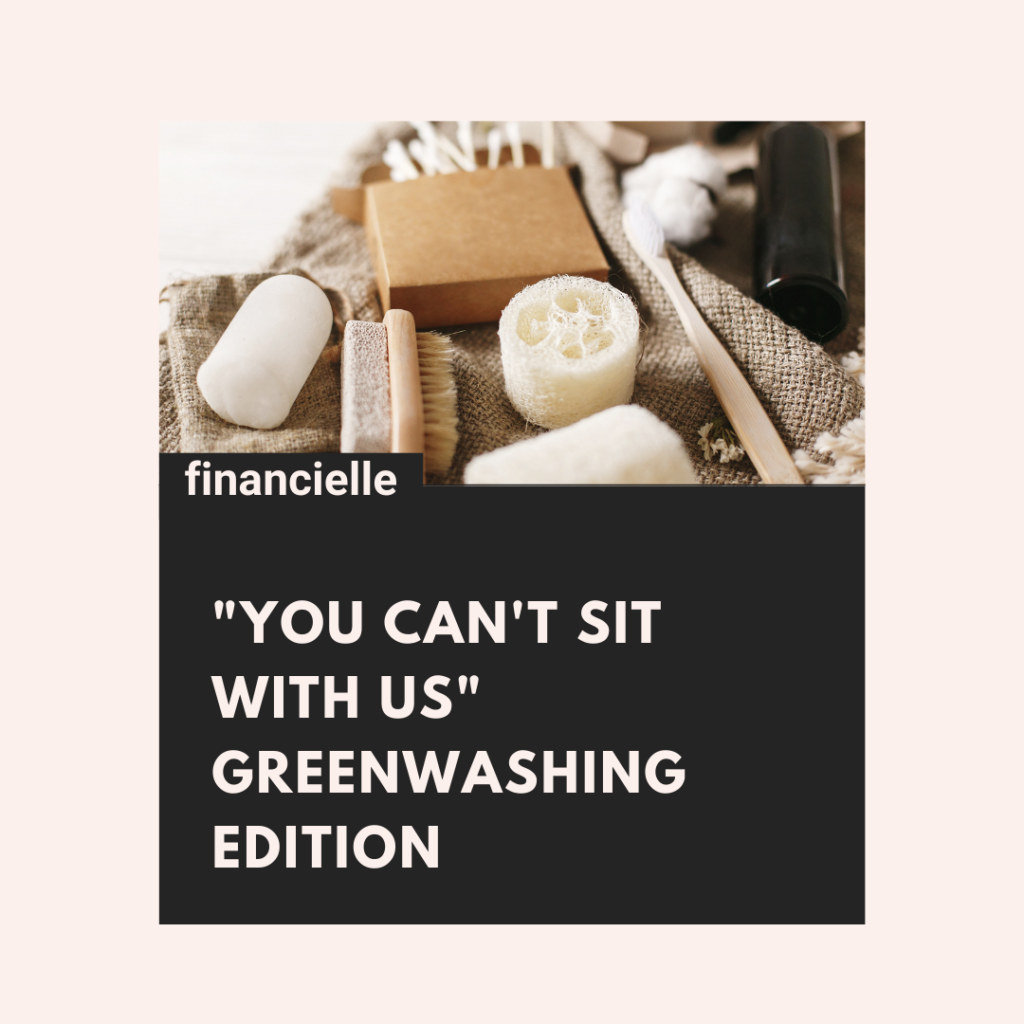
You Can’t Sit With Us – Greenwashing edition
We all know that sustainability is of huge importance at the moment, we need to save our planet! But we also know that sustainability is a trend. You might think “ah whether it’s a trend or not at least it’s helping the planet,” and you might be correct, but lots of unsustainable companies are cashing in on it: enter greenwashing.
So, what even is greenwashing? Well, according to Investopedia, greenwashing can be defined as the process of conveying a false impression or providing misleading information about how a company’s products are more environmentally sound. Basically, many companies use unregulated greenwashing buzz words such as ‘sustainable’ to deceive customers into believing that a company’s products are environmentally friendly.
From T-shirts to toilet cleaner, greenwashing is everywhere and you’re more than likely paying extra just for marketing. According to a Co-op report, 2019 saw £41bn spent on goods and services that were billed as ethical. And, according to a report by Nielsen, 66% of global consumers say that they’re willing to pay more for sustainable trends. Due to huge fashion retailers such as H&M and Primark having “sustainable” lines, consumers now have a perception that shopping ethically doesn’t differ much in price. Unfortunately, this isn’t always the case.
There are many *actually* sustainable fashion companies out there, but many people choose to avoid them as their prices do tend to be higher than your average fast fashion companies. What they don’t know is that these are the standard prices for ethically made clothing items after covering the costs of ethically sourced materials and correctly paid garment workers. Like with most things, you get what you pay for. So, what do you think would require replacing first; cheaply made and over-marketed garments or pieces that are made by individuals with high-quality materials?
We aren’t saying you need to cut fast fashion out completely but rather make some small, educated changes. Let’s take Asos for example because who doesn’t love them? Whilst they are one of the biggest online fashion retailers that house many different fast fashion brands, there is a way to shop sustainably! This way you can still make use of your next-day delivery and feel good about where your money goes. You might have heard of Asos Marketplace before, it’s now the leading online platform for independent brands and vintage boutiques. It’s a great way to shop pre-loved garms without spending hours sifting through your local charity shops, you’ll also be supporting some amazing independents with the ease of opening up your Asos app. What’s to lose?!
Whilst you might have to pay a little more for genuinely sustainable and ethical products, you’re also paying for longevity and quality. Making these small switches will make a big difference over time for your purse and our planet. The ability to spot greenwashing will also help your bank balance, we challenge you to spot some greenwashing next time you pop to the shops. It’s everywhere!
https://www.co-operative.coop/twenty-years-of-ethical-consumerism
https://nielseniq.com/global/en/about-us/




